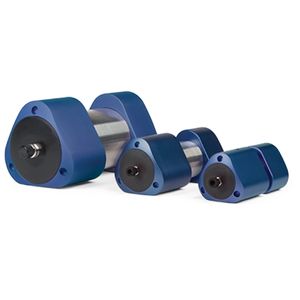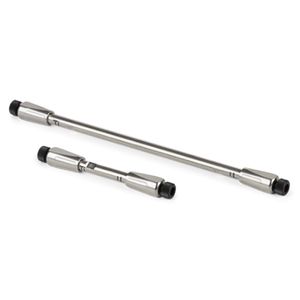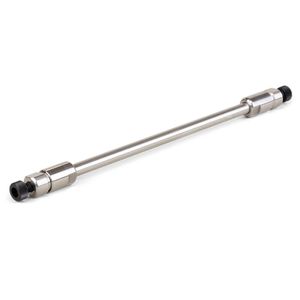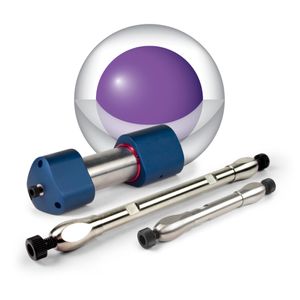
α E-catenin (G-11) | Santa Cruz Biotechnology
mouse monoclonal IgG1; α E-catenin Antibody (G-11) is an IgG1 κ mouse monoclonal alpha E-catenin antibody (also designated CTNA1 antibody, Catenin Alpha 1 antibody, Alpha-E-Catenin antibody, CAP102 antibody, Catenin (Cadherin-Associated Protein) Alpha 1 (102kD) antibody, Cadherin-Associated Protein antibody, or MDPT2 antibody) that detects the alpha E-catenin protein of mouse, rat and human origin by WB, IP, IF and IHC(P). α E-catenin Antibody (G-11) is available as both the non-conjugated anti-alpha E-catenin antibody form, as well as multiple conjugated forms of anti-alpha E-catenin antibody, including agarose, HRP, PE, FITC and multiple Alexa Fluor® conjugates. α E-catenin (also designated α-catenin; cadherin-associated protein, α1, 102 kDa; and CAP102) plays a role in E-cadherin mediated cell-cell adhesion by linking E-cadherin to the cytoskeleton via β- or γ-catenin and Actin. α E-catenin connects cell-density-dependent adherens junctions with the developmental hedgehog pathway and may provide a negative feedback loop controlling the size of developing cerebral cortex. It is abundant in neuroepithelial precursor cells in the developing cortical ventricular zone of the brain, with reduced expression in the cortical plate. α E-catenin-vinculin interactions play a role in the assembly of the apical junction complex in epithelia. Catenins generally are thought to work as connectors that anchor E-cadherin to the cytoskeletal Actin bundle through the cadherin cytoplasmic domain. Dysfunction of this adhesion complex causes dissociation of cancer cells from primary tumor nodules, thus possibly contributing to cancer invasion and metastasis.

























































